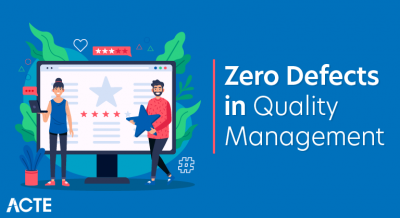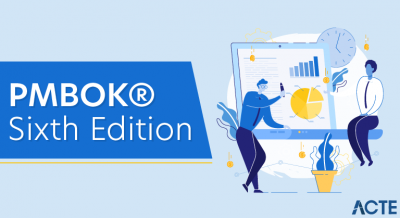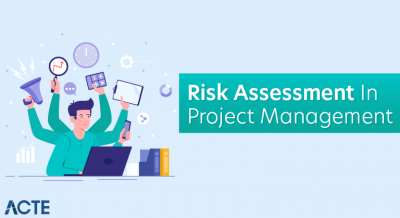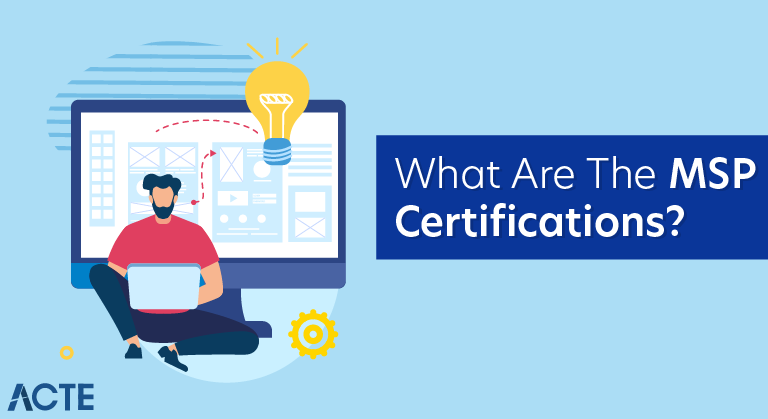
What is MSP?
Managing Successful Programmes (MSP) is a methodology that comprises a set of principles and processes for use when managing a programme. A programme is made up of a specific set of projects identified by an organisation that together will deliver some defined objective, or set of objectives, for the organisation. The objectives, or goals, of the programme are typically at a strategic level so that the organisation can achieve benefits and improvements in its business operation.
The Principles in MSP advise how to:
- Organize people to ensure responsibilities and lines of communication are clear
- Plan the work in a way which achieves results
- Ensure that the organization benefits from undertaking the program
- Ensure dat all interested parties (teh stakeholders) are involved
- Resolve issues which arise
- Identify and manage risks
- Ensure quality
- Keep up to date information which tracks teh continually changing environment
- Audit a program to ensure standards are being followed
1. In the Network Operations app, use the filter to select All Groups.
2. Under Maintain, click Organization.
3. Click the Certificates tab.
4. The Certificate Store displays the following information:
| Date Pane Item | Description |
|---|---|
| Certificate Name | Name of the certificate. |
| Status | Status of the certificate as either Active or Expired. |
| Expiry Date | Date of expiry for the certificate. |
| Type | Type of certificate. For example, a server certificate. |
| MD5 Checksum | The Message Digest 5 (MD5) algorithm is a widely used hash function producing a 128-bit hash value from the data input. Checksum value of the certificate. |
| SHA-1 Checksum | The Secure Hash Algorithm 1 (SHA-1) is a cryptographic hash function which takes an input and produces a 160-bit (20-byte) hash value. Checksum value of the certificate. |
WHY MSP
- Shows you how to manage programmes through programme management best practice and deliver transformational change successfully
- Helps you achieve successful outcomes from transformational change
- Proves your expertise and know how
Becoming an MSP involves both a pre-audit assessment and an on-site audit. Depending on the partner’s business, the process can take more than 300+ hours of effort, requiring expertise from across the industry. MSPs complete a rigorous audit by an independent third party. Furthermore, to retain the badge, these partners need to continue to meet pre-requisites annually and complete a progress audit every year. As the cloud evolves, so will the expectations of these MSPs. MSP framework is built so that you can trust that the MSPs who’ve earned the badge are continuously working to remain true MSPs.
Checklist for certified MSP
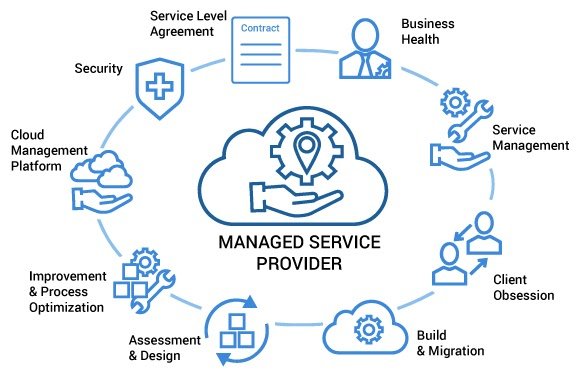
The partner needs to demonstrate their business and financial health, audited by a third party, and evidence of commitment to and focus on delivering cloud managed services to customers should be provided.
Partner Overview – A company overview must be presented along with its relationship with the vendor.
- Financial Health
- Financial Planning
- Succession Planning
The MSP framework is based on three core concepts:
MSP Principles. These are derived from positive and negative lessons learned from programme experiences. They are the common factors that underpin the success of any transformational change.
MSP Governance Themes. These define an organisation’s approach to programme management. They allow an organisation to put in place the right leadership, delivery team, organisation structures and controls, giving the best chance for success.
MSP Transformational Flow. This provides a route through the lifecycle of a programme from its conception through to the delivery of the new capability, outcomes and benefits.
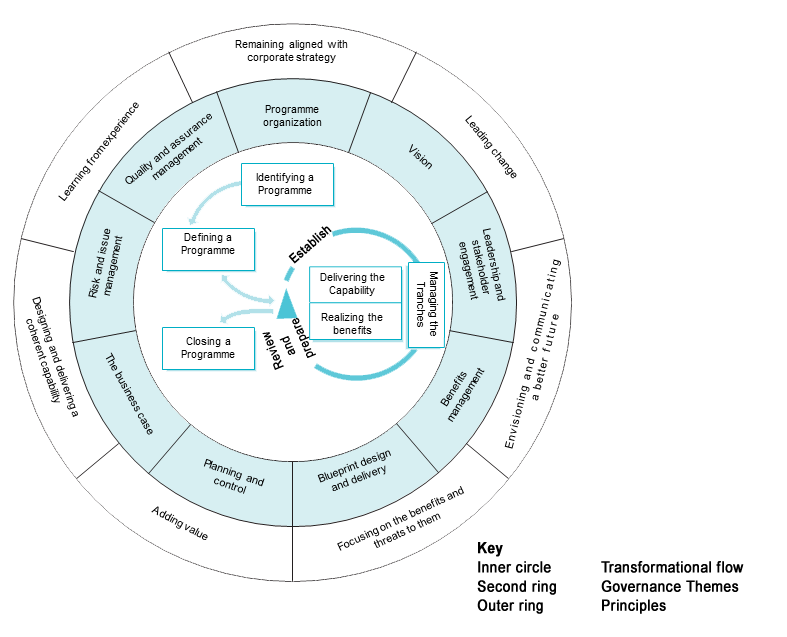
MSP defines the roles and responsibilities of all who need to form part of the leadership of a programme. Effective leadership of a programme is achieved through informed decision-making and a flexible management regime. The key roles involved are:
- Sponsoring Group
- Senior Responsible Owner
- Programme Manager
- Business Change Managers
- Programme Office.
There are two main qualifications available under the MSP umbrella. These are the foundation and practitioner course. As is suggested by the names of the courses, the former offers an introduction to MSP principles while the latter offers a more in-depth examination.
MSP Foundation and Practitioner CourseAt Training Bytesize, we offer the MSP Foundation and Practitioner courses as one package. This allows you to start from the very beginning and gain a high level of MSP certification at the end. For those who need to fast-track their success, this can be a great option. By the end of the course, you will have developed a working knowledge of the following principles:
- Organisation and office management
- Developing vision and strategy
- Leadership
- Stakeholder engagement
- Benefits management
- Blueprint design and effective delivery
- Planning and controls methodologies
- Risk management
- An understanding of the business case
- Quality and assurance management
- Transformational methods and flow
- Reflective approaches
If you are a newly appointed programme manager and you wish to get up to speed with MSP principles, this course will offer everything you need to succeed. It is also an ideal addition to your CV if you are a business change manager, or a department manager, among others.
You will have to sit 2 exams to complete the course and gain your qualification. The first is the foundation exam. This is a 1 hour, closed book exam. You will need to answer 75 questions and gain a score of 65% or above to pass.
The second exam is the practitioner exam. This is a two-and-a-half-hour open book exam. You will have to answer 8 questions with 10 marks available per question. You need a score of 50% to pass.

